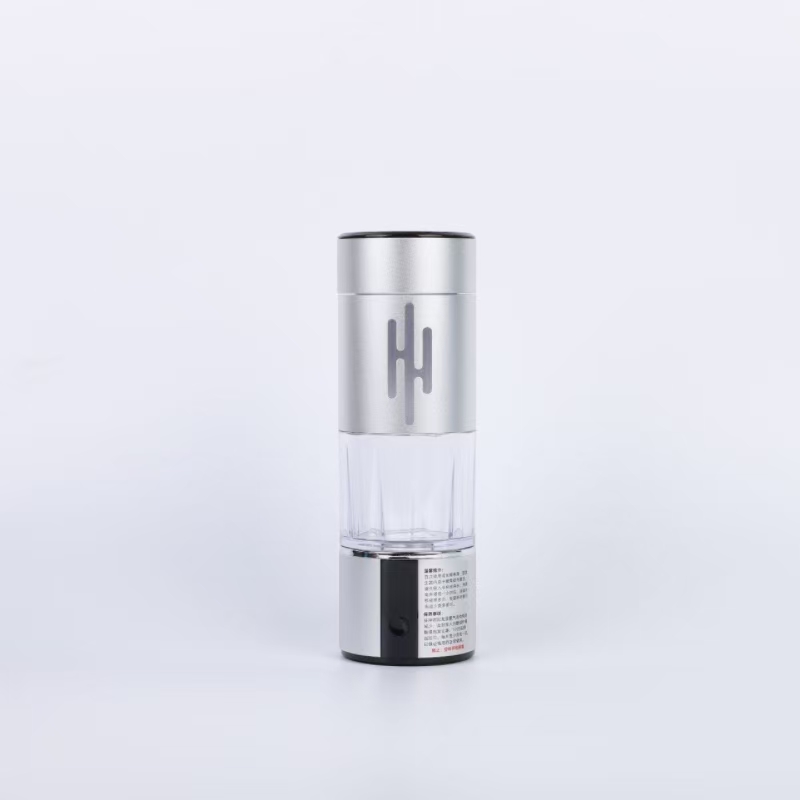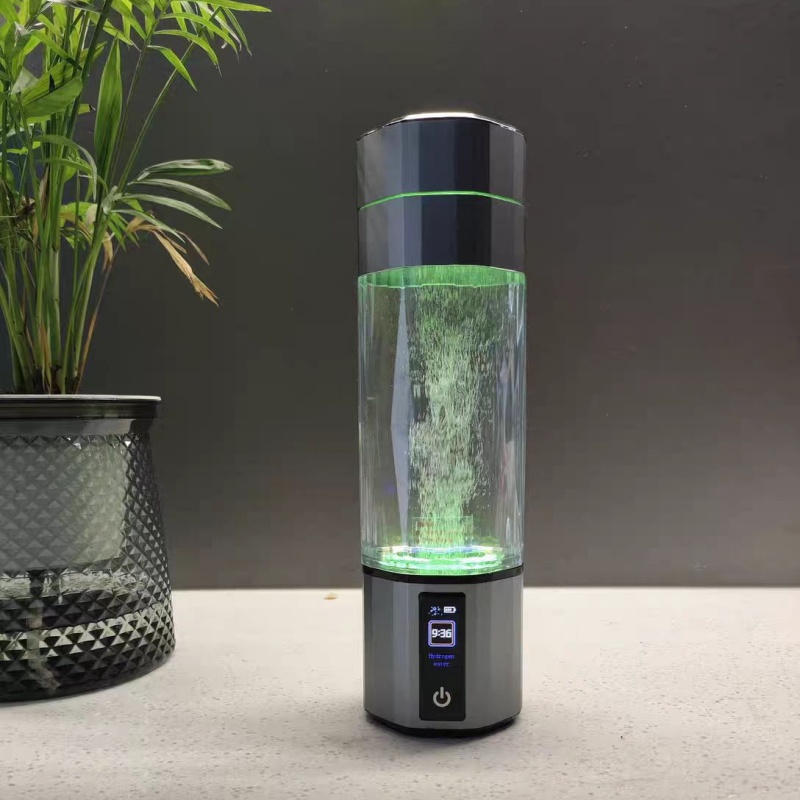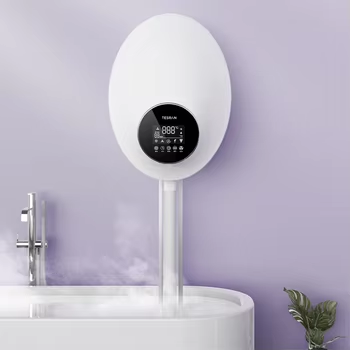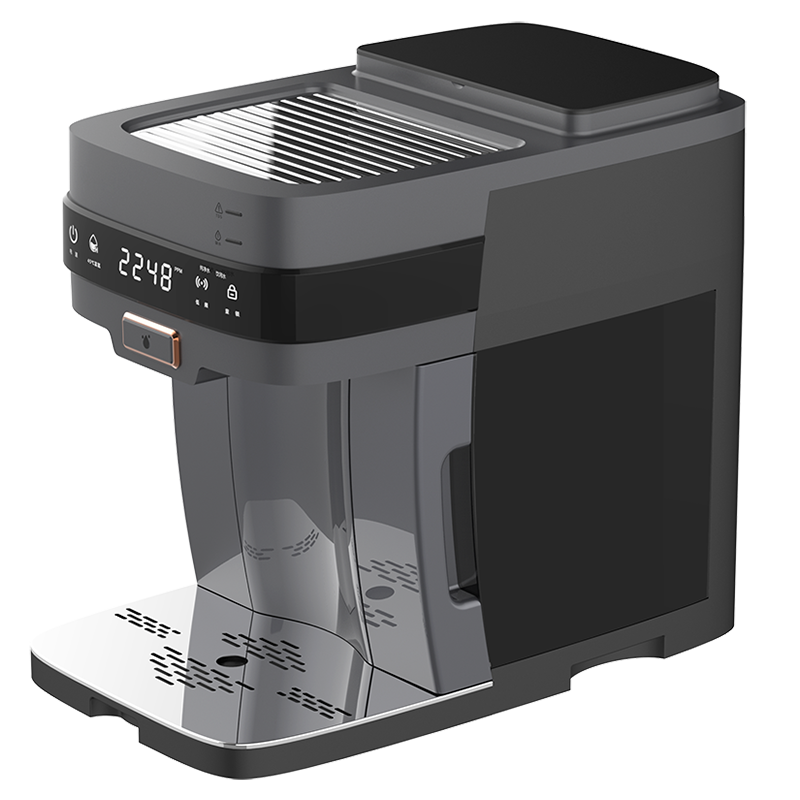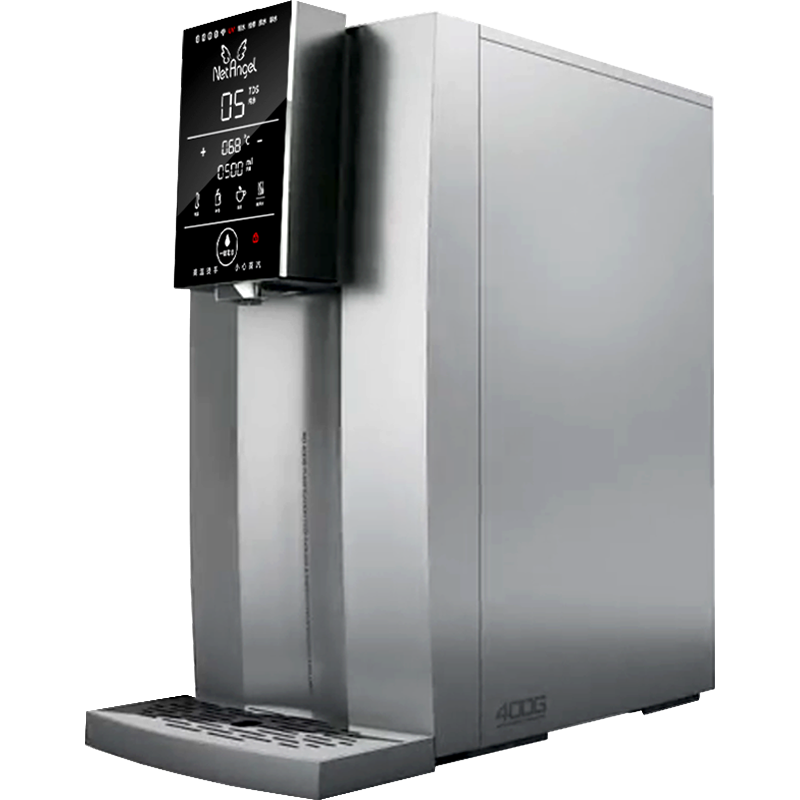Hydrogen is a novel, selective antioxidant and an ideal anti - inflammatory substance. It is believed to play a significant role in delaying aging and alleviating inflammation.
A substantial amount of biological research evidence indicates that hydrogen is currently the only substance with selective antioxidant properties. It has been proven to selectively neutralize hydroxyl radicals and nitrite anions, which is the molecular basis for hydrogen's ability to combat oxidative damage and treat diseases.
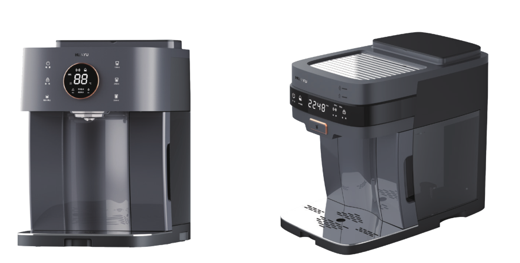
Hydrogen water dispenser

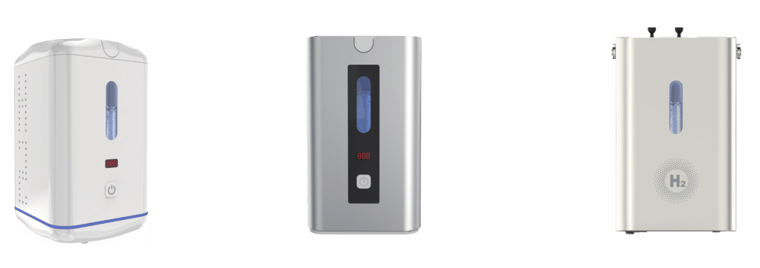
Hydrogen Product
Moreover, hydrogen molecules are extremely small, enabling them to quickly permeate and diffuse throughout the body. They can penetrate various physiological barriers and cell membranes, enter the cell nucleus, and remove malignant reactive oxygen species that cannot be eliminated by ordinary means.
What's more, after scavenging reactive oxygen species, hydrogen itself can be converted into water and utilized by the human body without affecting the normal functions of other benign reactive oxygen species and biomolecules.
Expert Opinions on Hydrogen
With the release of Professor Xu Kecheng's "Hydrogen for Acne Control" in 2019 and the official addition of "Hydrogen - oxygen mixture inhalation (H2/O2: 66.6%/33.3%) can be adopted conditionally" in the "Diagnosis and Treatment Protocol for COVID - 19 (Trial Version 7)" by the National Health Commission on March 3, 2020, the hydrogen - rich industry has officially gained public recognition. Although it will take time for widespread adoption, the overall trend is on the rise. Just like our company's new hydrogen - rich product "Hydrogen Lid - Little Red Packet" launched this year, it was snapped up by customers as soon as it hit the market. This indicates that both hydrogen gas and hydrogen water will usher in a new round of development in 2020.
Hydrogen - rich Product Core Modules
Hydrogen Generation System
The electrolysis unit is a crucial component of hydrogen - rich products. It uses the principle of electrolysis to split water molecules into hydrogen and oxygen. For instance, in a hydrogen - water generator, the electrolysis cell is designed to ensure efficient production of high - purity hydrogen. The electrodes play a vital role in this process. Platinum - plated electrodes are often used due to their excellent conductivity and corrosion - resistance, which can enhance the efficiency and durability of the electrolysis process.
Water Supply and Circulation
A stable water supply system is essential for continuously providing water for the electrolysis process. There is usually a water tank or a connection to a water source. The quality of water also affects hydrogen production. Purified water is highly recommended to avoid impurities that could potentially affect the electrolysis efficiency or contaminate the produced hydrogen. Some advanced products have a water circulation system to ensure optimal water use and maintain a stable operating environment for the electrolysis unit.
Hydrogen Storage and Delivery
Storage Container
Hydrogen storage requires a container that can ensure its safety and stability. For small - scale hydrogen - rich products like portable hydrogen - water bottles, the storage container is typically made of special materials that can withstand a certain pressure. High - density polyethylene or composite materials are used to prevent hydrogen leakage. These containers are also designed to have a reasonable volume to store enough hydrogen for a period of use.
Delivery System
The delivery system is responsible for transporting the produced hydrogen to the point of use. In a hydrogen - inhalation device, there are usually pipes or channels that can precisely control the hydrogen flow rate. Valves and regulators are used to adjust the pressure and flow of hydrogen to ensure safe and effective hydrogen inhalation. In hydrogen - water generators, the delivery system is designed to dissolve hydrogen into water in a proper proportion to produce hydrogen - rich water.
Safety and Monitoring System
Pressure and Temperature Monitoring
During hydrogen production and storage, monitoring pressure and temperature is essential. Excessive pressure can lead to safety hazards such as explosions. Sensors are installed in the product to continuously monitor the pressure and temperature of hydrogen - containing parts. For example, a pressure - sensing device can send a signal to the control system when the pressure exceeds a certain threshold, and the control system can then take measures such as reducing the hydrogen production rate or safely releasing the pressure.
Hydrogen concentration monitoring
In products involving hydrogen - rich water or hydrogen inhalation, monitoring hydrogen concentration is crucial. The correct hydrogen concentration is necessary for the product's effectiveness. Optical sensors or electrochemical sensors can be used to measure hydrogen concentration in real - time. In a hydrogen - water generator, if the hydrogen concentration in the water is too low, it may indicate a problem with the electrolysis or delivery system, and the device can adjust its operation parameters accordingly.
Safety Alarms and Protective measures
When any abnormal situation is detected, such as abnormal pressure, temperature, or hydrogen concentration, the product should have a safety alarm system. Audible and visual alarms can alert users to potential dangers. At the same time, there should be automatic protective measures, such as shutting down the power supply of the electrolysis unit or opening a safety valve to release the pressure, to prevent accidents and ensure user safety.

 English
English 









































